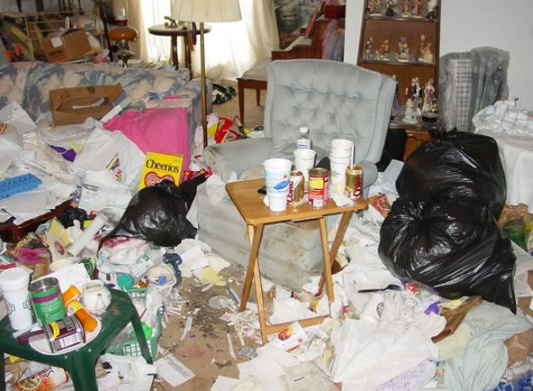Self neglect
Self-neglect is an extreme lack of self-care, it is sometimes associated with hoarding and may be a result of other issues such as addictions. Practitioners in the community, from housing officers to social workers, police and health professionals can find working with people who self-neglect extremely challenging. The important thing is to try to engage with people, to offer all the support we are able to without causing distress, and to understand the limitations to our interventions if the person does not wish to engage.
If you suspect self neglect speak to your pharmacist or local safeguarding team for support.
What is self-neglect?
- Lack of self-care to an extent that it threatens personal health and safety
- Neglecting to care for one’s personal hygiene, health or surroundings
- Inability to avoid harm as a result of self-neglect
- Failure to seek help or access services to meet health and social care needs
- Inability or unwillingness to manage one’s personal affairs
A very common example of self neglect seen in a pharmacy is a patient deliberately not taking their medications or lying about the medications they have taken. This is very common with patients with major mental health conditions because of their belief that the medications do not work correctly or the side effects caused them to stop.

